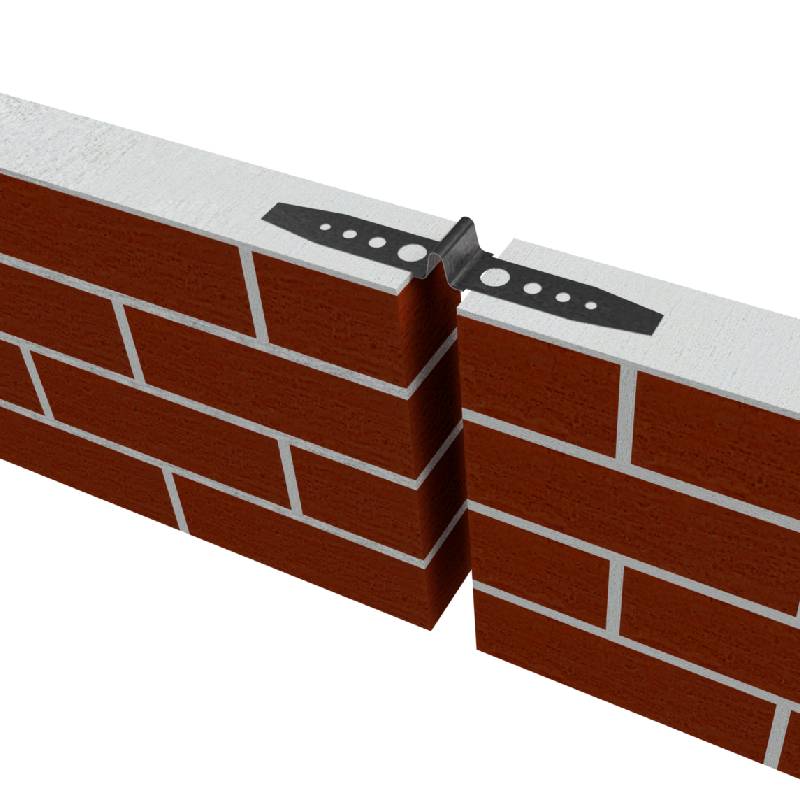
- Mobile Phone
- +8613931874955
- sales@cntcmetal.com
stainless steel masonry ties
Stainless Steel Masonry Ties The Unsung Heroes of Construction
In the world of construction, particularly when dealing with masonry structures, the importance of reliable and durable materials cannot be overstated. One such critical component that often goes unnoticed is the masonry tie. Among the various types of masonry ties available, stainless steel masonry ties stand out due to their exceptional properties, which make them ideal for a wide range of building applications.
What are Masonry Ties?
Masonry ties are connectors used to bond two different materials together, typically a veneer wall and the structural backing. Their primary function is to provide stability, support, and resistance against wind loads and other forces acting on the wall. These ties are essential for ensuring that masonry walls remain intact and perform well over time.
The Advantages of Stainless Steel Masonry Ties
1. Corrosion Resistance One of the most significant benefits of stainless steel is its resistance to corrosion. Traditional masonry ties made of mild steel can rust over time, especially in environments where moisture is prevalent. Stainless steel, particularly grades such as ASTM A240, is formulated to withstand harsh conditions, making it perfect for both exterior and interior applications.
2. Strength and Durability Stainless steel ties offer superior tensile strength, which is crucial for supporting heavy masonry units. Their durability ensures that they can withstand the rigors of structural loads and environmental factors without bowing or breaking.
stainless steel masonry ties

3. Longevity Investing in stainless steel masonry ties can ultimately save money in the long run. While the initial cost may be higher than that of other materials, their longevity and low maintenance requirements make them a cost-effective choice over time. They help prevent the need for repairs or replacements, which can be both time-consuming and expensive.
4. Adaptability Stainless steel masonry ties are highly versatile. They can be used in a variety of applications, from residential buildings to commercial structures. Whether in high-rise buildings or low-slung projects, these ties provide the necessary support for different types of masonry, including brick, block, and stone.
5. Eco-Friendly Options As sustainability becomes increasingly important in construction, stainless steel offers an environmentally friendly alternative. Being recyclable, stainless steel can be reused in various applications, reducing waste and the demand for new materials.
Installation Considerations
When installing stainless steel masonry ties, it is essential to follow industry standards to ensure optimal performance. Proper spacing and alignment are crucial for distributing loads evenly and maximizing their effectiveness. Knowledgeable contractors should consider factors such as wall thickness, height, and material types during installation to achieve the desired structural integrity.
Conclusion
Stainless steel masonry ties are indispensable in providing strength and stability to masonry structures. Their corrosion resistance, strength, durability, and adaptability make them a superior choice compared to traditional materials. As the construction industry moves towards more sustainable practices, stainless steel ties represent a forward-thinking approach to building. While they may not receive the same attention as bricks or stones, these masonry ties are indeed the unsung heroes of construction, playing a vital role in supporting the very structures that define our urban landscapes. Investing in quality materials such as stainless steel ties is crucial for creating safe, sturdy, and long-lasting buildings that can withstand the tests of time and elements.
share:
-
Why Sacrificial Formwork Is Redefining Underground ConstructionNewsJun.06,2025
-
The Structural Dynamics of Modern Concrete: How Snake Spacers Revolutionize Flexible ReinforcementNewsJun.06,2025
-
Snake Spacers Smart-Lock Concrete Reinforcement with Surgical PrecisionNewsJun.06,2025
-
Snake Spacers: Reinforcement Precision for Modern Concrete ProjectsNewsJun.06,2025
-
Snake Spacers Powering Concrete's Structural DNANewsJun.06,2025
-
Slither into Success: Snake Spacers' Precision Bite for Unbreakable ReinforcementNewsJun.06,2025
-
Sacrificial Formwork: Building Stronger, Faster, and Safer StructuresNewsJun.06,2025



















